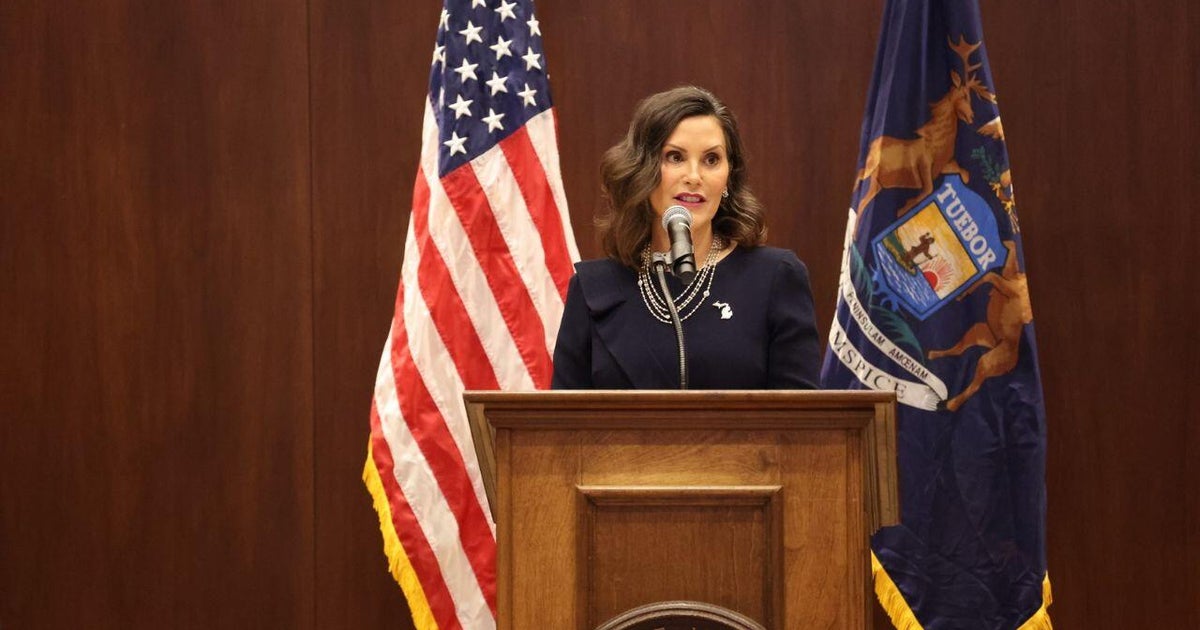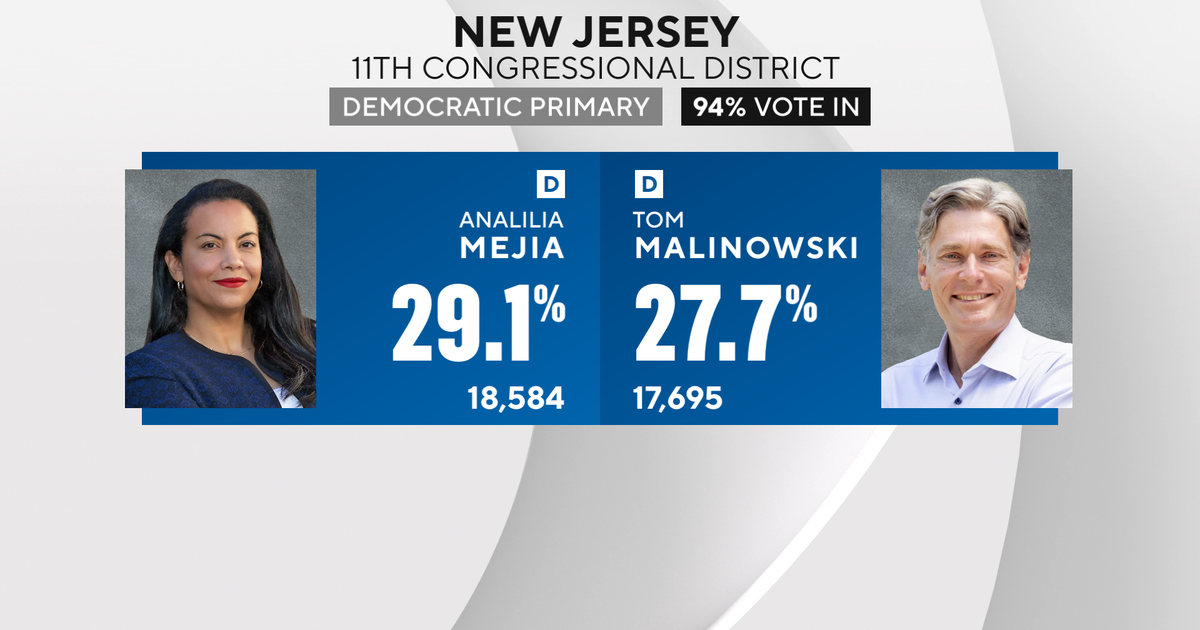Exelon, Constellation: Deal A Plus For Baltimore
BALTIMORE (WJZ)—The deal to sell Constellation Energy would create the largest energy supplier in the nation. But the sale of Baltimore's sole Fortune 500 company is raising concern.
Mike Hellgren breaks down the impact, including what it means for your BGE bill.
The proposed sale of Constellation Energy to Chicago-based Exelon would create the nation's largest energy supplier and leave Baltimore without a Fortune 500 company.
Executives put together a package they say is worth $250 million to Maryland to sweeten regulatory approval, particularly from the Public Service Commission, which hasn't been a rubber stamp for Constellation in the past.
"We will participate actively in those proceedings to ensure that the transaction is in the best interest of Maryland ratepayers," said Governor Martin O' Malley.
"Every CEO likes to announce a merger," said John Rowe, Exelon CEO. "It's what passes for good fun in my business."
The package includes $100 for every BGE customer account—a one-time credit paid within 90 days of the deal's closure.
Constellation Energy head Mayo Shattuck reveals how it unfolded.
"I received the phone call, and these gentlemen were ultimately very persuasive, I guess," said Shattuck.
Shattuck would stay in Baltimore, where the gas and electric supply business and BGE would remain, along with a new building to house the operation.
"We're committed to downtown. We don't know where this new building might be. We'll spend the next nine months working on that," Shattuck said.
Some jobs will be lost, but executives say they'll ultimately create jobs in Maryland.
"He assured me this sale will be a net job gain for Baltimore City," said Mayor Stephanie Rawlings-Blake, (D) Baltimore City.
Right now, Constellation employs more than 10,000 people.
"I think the most important thing is the jobs. That's No. 1 right now," said Rep. Elijah Cummings, (D) Maryland.
The deal calls for no BGE layoffs for two years, $5 million to benefit low-income customers, and $64 million for energy efficiency programs.
"The combination will result in a company with increased scale, scope and financial strength," said Chris Crane, COO Exelon.
The deal still needs approval from the federal government and Maryland's Public Service Commission, which has a history of not being a rubber stamp for Constellation Energy.
"You can have the glass half-full and the glass half-empty. I look at it half-full and keep moving," Rawlings-Blake said.
This is the third time in five years Constellation has struck a deal to sell itself, including once to billionaire Warren Buffett. They all fell through, and millions are at stake if it happens again. Constellation will have to pay a $200 million break-up fee. If Exelon wants to cut things off, the energy giant would have to pay $800 million.
This is an all-stock deal and would pay Constellation Energy shareholders a little more than an 18 percent premium.
Exelon already runs the Conowingo Dam and nearby nuclear plants, including Peach Bottom and Three Mile Island.







